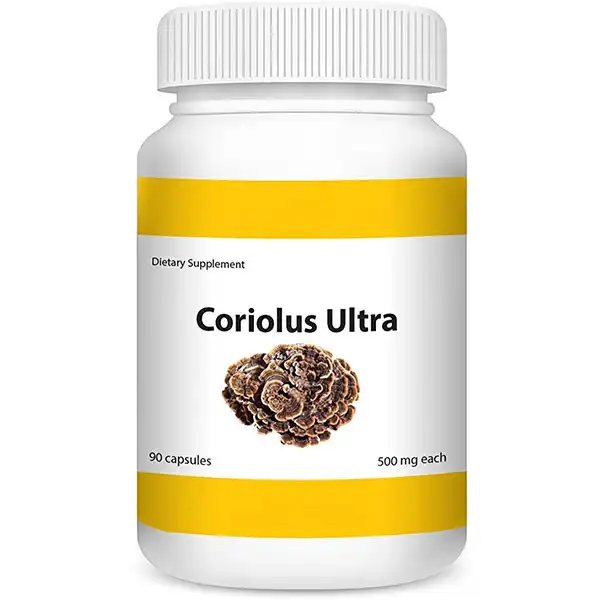Why is Angelica Sinensis Extract so helpful
 2025-08-06 14:44:53
2025-08-06 14:44:53
The origin of the Name Angelica sinensis
In ancient times, people married to have children. angelica sinensis root extract, which regulates blood, is a good medicine for treating female diseases. It implies missing one's husband, thus giving it the name Angelica sinensis, which is exactly the same as the meaning of the Tang poem, "Hemp is easy to plant but no one does; it is the right time to return but it does not."
2. Angelica sinensis has a remarkable therapeutic effect on postpartum malignant blood surging in pregnant women. If there is a disorder of qi and blood, taking it can restore the disorder and stabilize it, allowing qi and blood to return to their respective directions. This is where the name Angelica sinensis comes from.

The functions of angelica sinensis root extract
The Compendium of Materia Medica states as follows: Angelica sinensis: Bitter in taste, warm in nature, and non-toxic. Warm the middle to relieve pain, tonify all qi, break up evil blood, and nourish new blood.
Its skin care and beauty effects come from the fact that Angelica sinensis can dilate the capillaries in the skin and accelerate blood circulation. Angelica sinensis is rich in trace elements, which can nourish the skin and prevent roughness. It can be used for acne, brown spots, freckles and hair loss. Angelica sinensis, also known as Qin GUI or Yun GUI, is a perennial herb. Its stem is purple and it usually grows in high, cold and rainy mountainous areas, such as Yunnan and Sichuan. Moderate consumption by women can help replenish blood, promote blood circulation, regulate menstruation, relieve pain, and moisten the intestines to relieve constipation. According to traditional Chinese medicine, Angelica sinensis has the effects of replenishing blood, beautifying the complexion, and moistening the intestines to relieve constipation. It is suitable for symptoms such as sallow complexion, dizziness, palpitations, irregular menstruation, amenorrhea, dysmenorrhea, excessive blood loss after childbirth, and depression and irritability during menopause caused by blood deficiency. Therefore, it is hailed by traditional Chinese medicine as the "holy medicine for gynecology".
This product has anticholinergic, antioxidant and free radical scavenging effects, and can inhibit uterine contractions. The effect on the uterus is "bidirectional". Its water-soluble non-volatile substances can excite the uterine muscle, strengthening contractions, while its volatile components can inhibit the uterus, reduce its rhythmic contractions, and cause the uterus to relax.
This product also has the effect of treating anti-vitamin E deficiency. It can also reduce the excitability of the myocardium, has a therapeutic effect on atrial fibrillation, and inhibits both the amplitude and frequency of cardiac contractions. It can lower blood pressure, slightly reduce blood lipids and has a preventive effect on aortic lesions. It has certain therapeutic effects on atherosclerosis
The Pharmacological Effects of angelica sinensis root extract
(1) Improve blood circulation
Butylphthalide in Angelica sinensis can increase the diameter of the leptomeningeal microarteries and blood flow velocity after midbrain artery occlusion (MCAO) surgery, thereby improving the microcirculation of the leptomeningeal. The process of cerebral ischemia involves neuronal apoptosis. Butylphthalide can also weaken or stop the neuronal apoptosis process induced by low glucose and low oxygen, preventing the expansion of cerebral infarction area.
(2) Antioxidant and free radical scavenging effects
Angelica sinensis has a significant inhibitory effect on the increase of lipid peroxides in brain tissue after cerebral hypoxia and ischemia reperfusion. The ferulic acid it contains can directly reduce the content of H2O2 and combine with membrane phosphatidylethanolamine. By directly eliminating free radicals and inhibiting oxidation reactions and free radical reactions, it antagonizes the damage of free radicals to tissues.
(3) Blood-nourishing effect
Angelica polysaccharides can activate macrophages, lymphocytes and other cells in the hematopoietic microenvironment through direct and/or indirect pathways. They can also stimulate muscle tissue to promote the production of hematopoietic regulatory factors, thereby promoting the proliferation and differentiation of functional hematopoietic stem cells, granulocyte-macrophage aggregation units (CFU-GM), and stimulating granulocyte-monocytic hematopoiesis in bone marrow.
(4)The effect on smooth muscles
Angelica sinensis has the effect of dilating blood vessels and a mild antispasmodic effect on vascular spasm caused by norepinephrine (NA). The volatile oil of Angelica sinensis is the main active part of Angelica sinensis that exerts antispasmodic effects on vascular smooth muscle, among which ligustilide has the strongest activity. The volatile oil of Angelica sinensis also has a strong inhibitory effect on intestinal smooth muscle spasm.
(5) Anti-inflammatory and analgesic effects
Angelica sinensis has a significant inhibitory effect on acute capillary permeability increase, tissue edema and chronic injury caused by various inflammatory agents, and can also inhibit granulation tissue hyperplasia in the later stage of inflammation, but does not affect the weight of the adrenal gland and thymus, suggesting that its anti-inflammatory effect does not depend on the pituitary-adrenal system. The water extract of Angelica sinensis shows analgesic effect on the torsional reaction caused by intraperitoneal injection of acetic acid, and its analgesic effect intensity is 1.7 times that of sodium acetylsalicylate.
(6) Protective effect on the lungs
Angelica sinensis can dilate the pulmonary artery of rats and reduce acute hypoxic pulmonary hypertension. Angelica sinensis also has a certain antihypertensive effect on pulmonary hypertension in chronic obstructive pulmonary disease.
(7) Liver-protecting and gallbladder-promoting effects
Angelica sinensis can increase the weight of solid substances in bile and the excretion of bile acids. It can protect the activities of ATPase, glucose-6-phosphatase and 5-nucleotidase in cells, suggesting that it has a certain effect on protecting liver cells and restoring certain liver functions.
The Safe Dosage of Angelica Sinensis Extract
For the treatment of dysmenorrhea, irregular menstruation and endometriosis, the generally recommended dosage is 600-800mg of Angelica sinensis extract per day (with 1% artemisinin as the standard). This dose should be taken in three divided doses each day. Angelica sinensis may cause some people with fair skin to be overly sensitive to sunlight. People who often take Angelica sinensis should limit their exposure to sunlight or other ultraviolet radiation sources for too long. Angelica sinensis is not recommended
for pregnant or lactating women to take.

Conclusion
Angelica sinensis is a traditional and precious Chinese herbal medicine. Since its powerful efficacy was discovered, it has saved countless lives. Now, a variety of high-content effective components of Angelica sinensis extract have been more precisely extracted, enabling it to exert greater efficacy and benefit humanity. And we happen to be the manufacturer of such finished products. We can provide customers with high-quality and low-cost Angelica sinensis extract as well as customize various capsule supplements with the proportion of Angelica sinensis extract and other products to achieve greater efficacy. So if you have any needs or want to know more, please feel free to contact us at any time. We will serve you wholeheartedly!
References
1. It belongs to Angelica L. Flora of China.
2 Angelica sinensis (Oliv.) Diels Flora of China


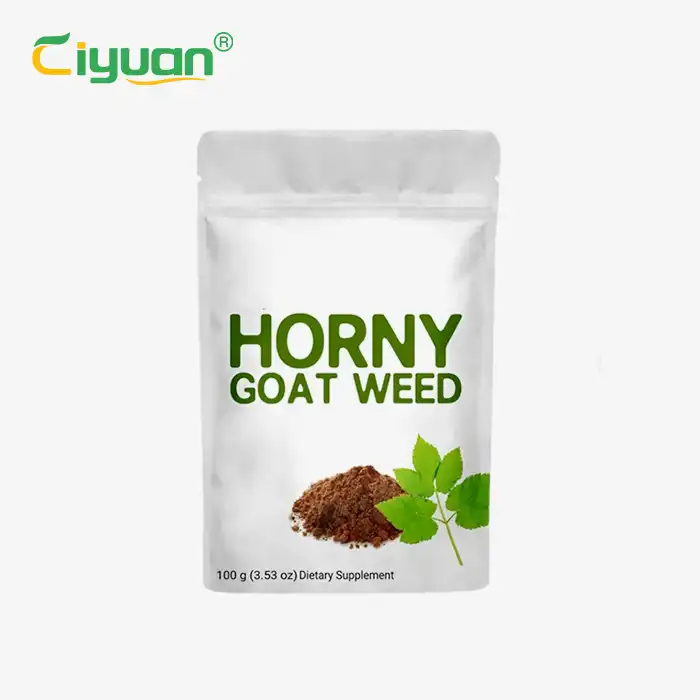
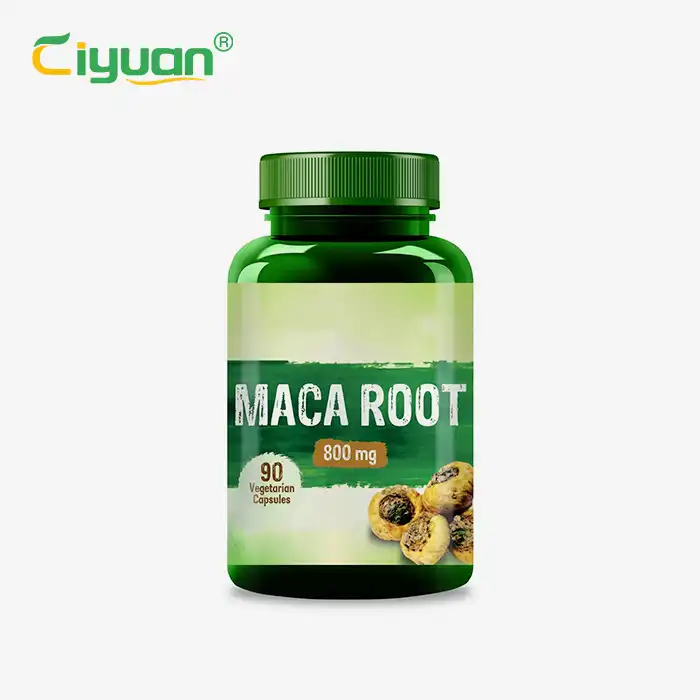
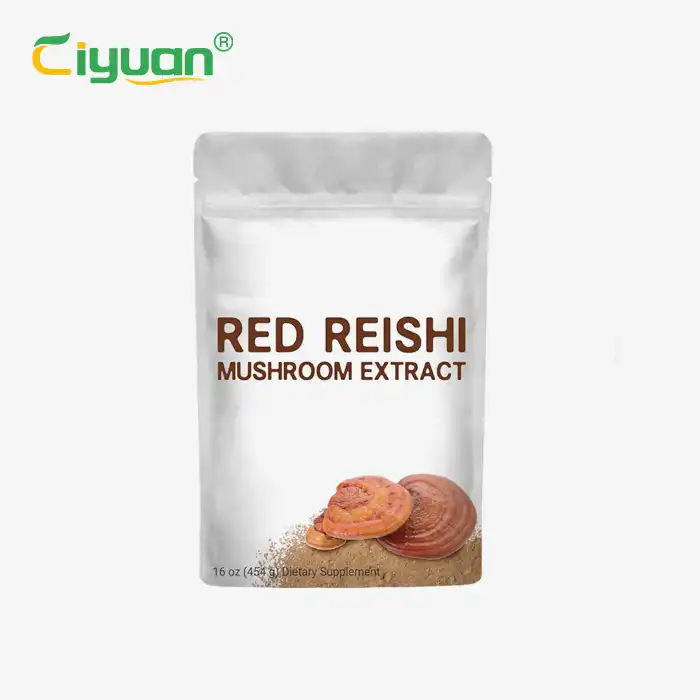





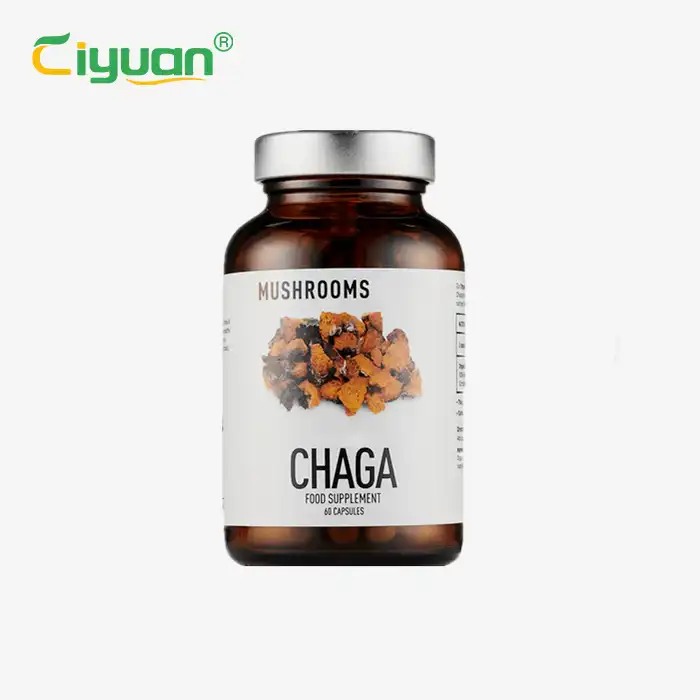
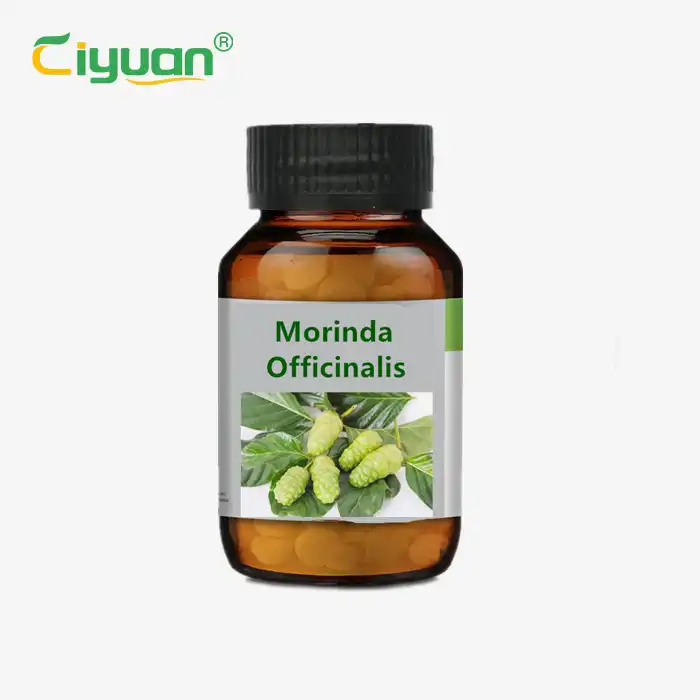
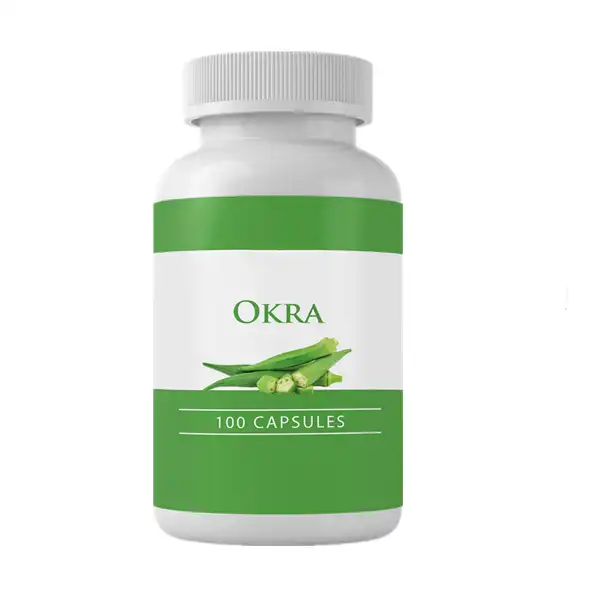
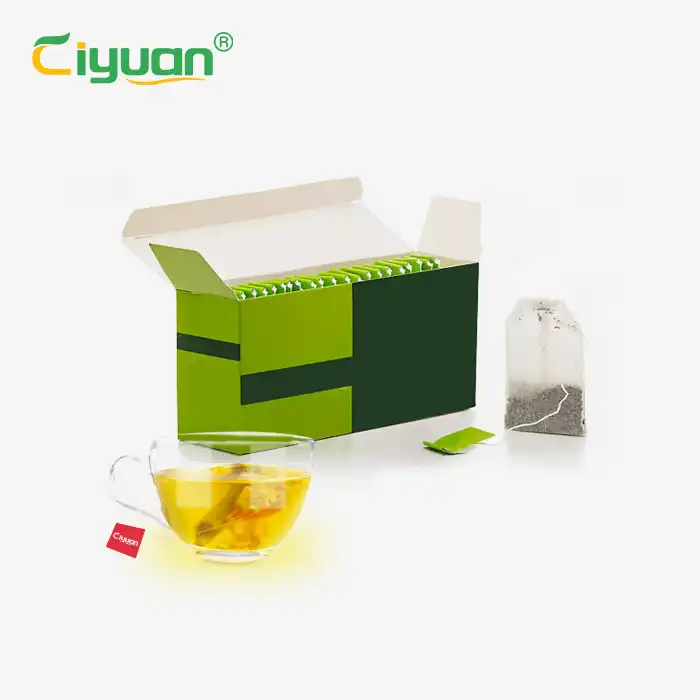
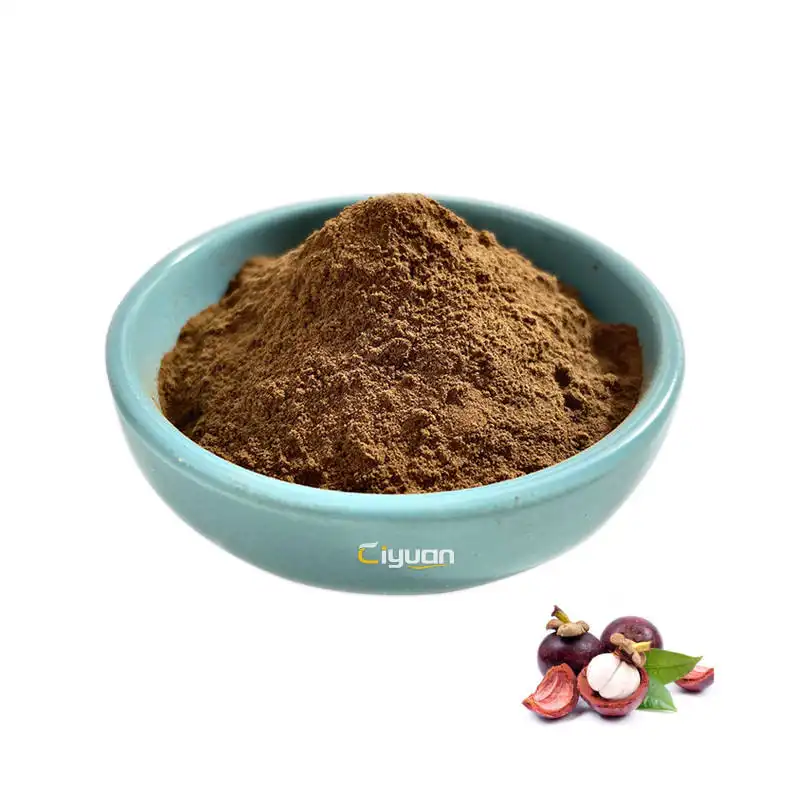
_1754980250362.webp)
_1755151774143.webp)
